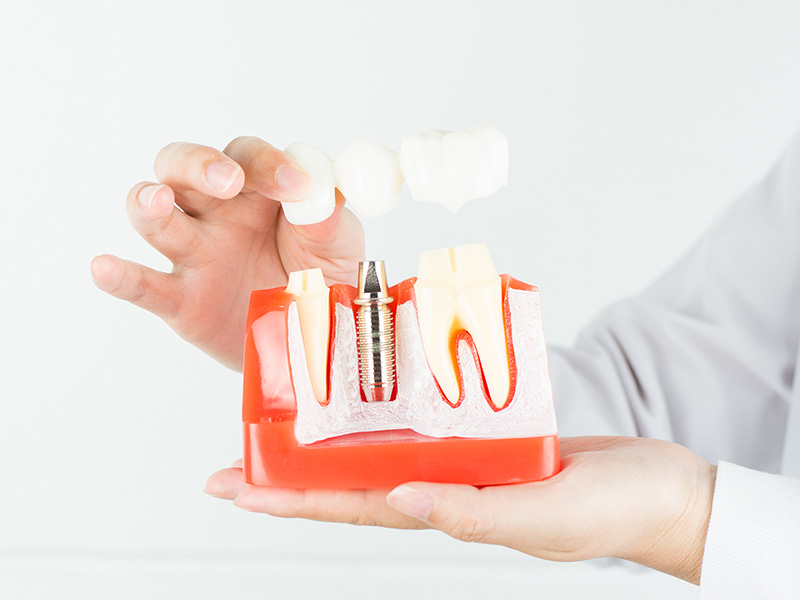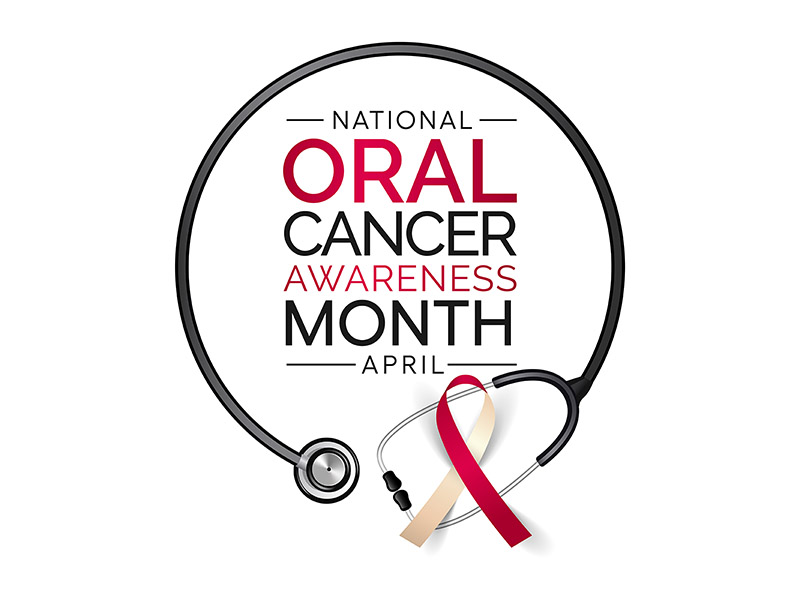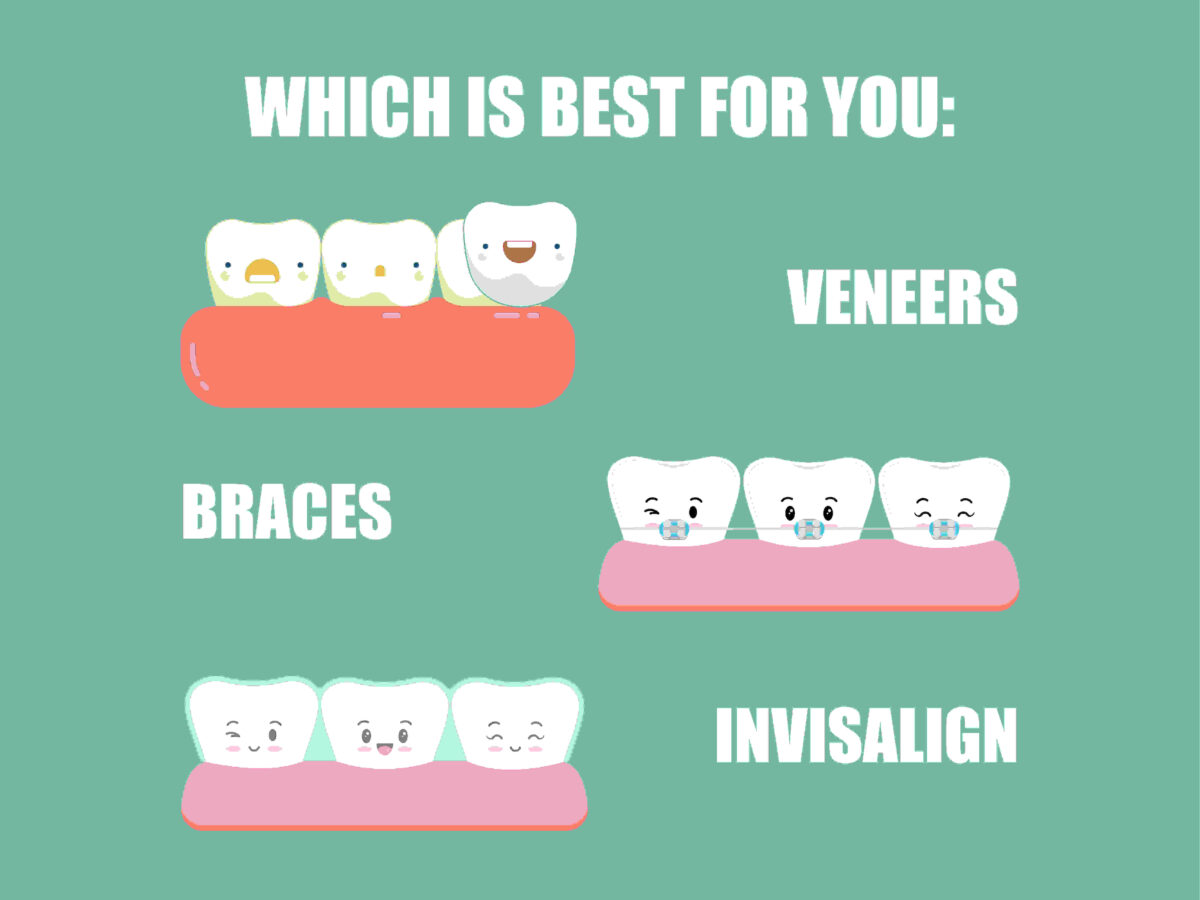Implant dentistry benefits have changed the therapeutic dental business in more ways than you can think. It’s not just a cosmetic improvement. Dental implants are necessary to improve the quality of life. Let’s look at how these amazing dental options can improve your health and happiness.
Major Implant Dentistry Benefits
1. Getting the Ability to Chew Back
Dental implants work the same way as real teeth: they give you a strong base for biting and eating. With implants, you won’t have to worry about what foods you can eat with removable teeth. When you eat, you can smile again with tooth implants, whether an apple or a steak.
2. Improvements in Speech
If you have missing teeth, your speaking patterns and pronunciation may stay the same, making communication difficult. Dental implants fill in the gaps and offer Enhanced Oral Functionality. Hence, it is possible to speak clearly and with confidence. You will never face slurred speech because of your teeth again.
3. Better Looks and More Confidence
Smiling from ear to ear makes you feel much more secure. Dental implants not only restore the ability to chew, but they also stop bone loss and keep the shape of the face. Implants make it possible to laugh, smile, and interact with other people without any pain.
4. Keeping Bones from Breaking Down
When a tooth falls out, the jawbone below it stops being used and shrinks. Implants are made to look and feel like real tooth roots so that bone loss is lessened and bone growth is boosted. In the long run, keeping your bone density high is important for good tooth health.
5. Long Lasting Support
If you take good care of your implants, they should last a lifetime. Compared to bridges or dentures, which may need to be changed at some point, implant dentistry benefits last a long time. You’ll be glad you have taken care of your teeth and gums for a long time.
6. Comfort and Peace of Mind
With implants, you won’t have to take out your fake teeth to clean or soak them. Brushing, flossing, and going to the dentist should be a regular part of your daily life, you don’t even have to think about them—an easy way to avoid glues and slips.
7. Keeping up Independently
When you get a dental implant, the good teeth next to it must be prepared and crowned. But with nearby teeth implants, they can stand on their own. They are less likely to get damaged since they don’t depend on close teeth for support.
Conclusion
Implant Dentistry Benefits have more effect than making people look better; they give back the courage to live the best life. It can make a huge difference whether you’re missing one tooth or an entire arch.
A skilled implant dentist is the best person to talk to about your options and return your smile to being healthy and beautiful. A healthy smile is important for feeling good about yourself and enjoying life to the fullest.
Put your smile and quality of life first by spending money on it! Do not be afraid to ask any questions you may have. We have experts to whom you can talk and discuss all your problems. So, keep reading our blogs and share your thoughts with us so we can discuss things further.







